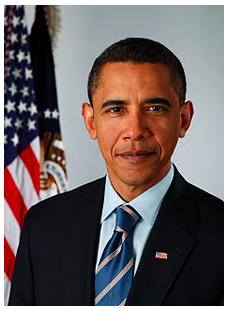Dear friends, Medical marijuana patients across the country are under attack! Despite the Obama Administration's promise to respect state laws, lawyers in the federal government are now threatening to arrest and prosecute people who are legally licensed to grow medical marijuana under state law. These ideologues are trying to block sensible regulation – and they've already succeeded in Washington State. We must stop them from erasing all the progress we've made and from leaving patients out in the cold. Write U.S. Attorney General Eric Holder today to demand that the federal government keep its promise to respect state medical marijuana laws. Back in 2009, the Obama Administration said they wouldn't use "justice department resources to circumvent state laws" on medical marijuana. They've kept their promise for the past two years, even issuing a memo that made this hands-off approach official policy. But now, federal government lawyers are intimidating states with new medical marijuana programs in an attempt to end these programs before they even get started. It's already happened in Washington State, where the governor vetoed a promising medical marijuana bill. And if these threats continue, they could jeopardize our efforts in every state where medical marijuana legislation is on the table. These lawyers are playing politics with the lives of patients who need medical marijuana to cope with debilitating pain and nausea. Take action now and ask the Attorney General to keep the Administration's promise to leave state medical marijuana programs alone. To put a stop to these scare tactics, we don't need any laws changed – we just need the Attorney General to tell the handful of people sending the threats to stop. Write Attorney General Holder today and ask him to keep his word by respecting patients' needs. Then please spread the word – everything we've worked so hard to achieve is at risk! Thank you again for your help. Sincerely, Ethan Nadelmann
Executive Director
Drug Policy Alliance | 
